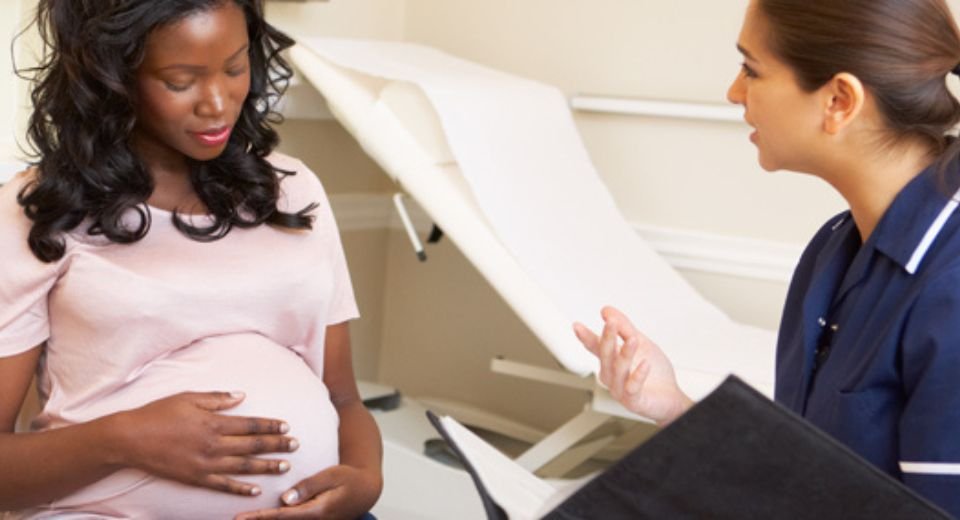HQ Team
November 27, 2025: Maternal thyroid imbalance can lead to atypical neural development, including autism in offspirng, according to a study published in The Journal of Clinical Endocrinology & Metabolism.
The thyroid is a butterfly-shaped gland in the neck that releases hormones needed for every cell in the body to mature—none more so than the rapidly dividing neurons of a fetus. By the 12th week of pregnancy the baby’s own thyroid is still switching on, so the child is almost entirely dependent on maternal thyroxine (T4). When supplies run low, brain structures such as the cerebellum and auditory cortex that are linked to social and language circuitry may form differently, laying the groundwork for later developmental differences such as Autism Spectrum Disorder (ASD).
Investigators at Kaiser Permanente and the University of California combed through the electronic records of 133,000 mother–child pairs delivered in 2011–2018. All women had thyroid-stimulating-hormone (TSH) and free-T4 measured before conception and during each trimester. Roughly 5 % of mothers met criteria for hypothyroidism: either chronic (diagnosed before pregnancy) or gestational (TSH > 4 mIU/L after conception). After adjusting for maternal age, race, pre-pregnancy BMI, diabetes, psychiatric history, and infant sex, the team found:
-
Any degree of maternal hypothyroidism doubled the likelihood of an ASD diagnosis by age 6 (adjusted hazard ratio 2.1; 95 % CI 1.6–2.6).
-
Risk rose in a dose–response fashion: one trimester of low thyroid = 30 % increase; two trimesters = 70 %; three trimesters = 3.3-fold jump.
-
The highest hazard ratio (3.8) occurred in women who entered pregnancy already hypothyroid and remained untreated through delivery.
-
Gestational hypothyroidism caught and corrected before 20 weeks showed no added risk, suggesting a critical window.
Missed signals
Meta-analyses in 2018 and 2021 reached conflicting conclusions, largely because they lumped together women screened only once—usually at the first prenatal visit—with those tracked serially. “Thyroid hormone needs rise 30–50 % by the second trimester,” explains lead author Dr. Emily Monostra. “A single normal TSH at eight weeks can mask falling free-T4 later. Our protocol captured that trajectory.”
Clinicians are advised to screen early and repeat: Measure TSH and free-T4 pre-conception if possible; recheck at 6–12 weeks, 16–20 weeks, and 28–32 weeks in high-risk women (thyroid antibodies, prior miscarriage, IVF, or family history of autoimmune disease).
They should aim for TSH < 2.5 mIU/L in the first trimester and < 3.0 thereafter. Increase levothyroxine by 30 % as soon as pregnancy is confirmed. Morning sickness and iron prenatal vitamins can block absorption; split dosing or raise tablet strength accordingly.
Having hypothyroidism does not guarantee a child on the spectrum; overall incidence in the study rose from 1.2 % (euthyroid) to 3.9 % (persistent hypothyroid). Still, the association is strong enough that women with fatigue, weight gain, cold intolerance, or a prior history of miscarriage should ask for a full thyroid panel. “The good news is that treatment is safe, inexpensive, and appears to erase the excess risk if started early,” says senior author Dr. Lisa Croen, director of Kaiser’s Autism Research Program.
Next Frontiers
The team is now analyzing umbilical-cord blood to see whether low T4 directly correlates with epigenetic changes in autism-related genes such as SHANK3 and NRXN1. Meanwhile, a multi-center randomized trial led by the National Institutes of Health will test whether universal early screening and treatment lowers not just ASD rates but also speech delay and ADHD.
Thyroid dysfunction is common, treatable, but if caught late, it may quietly shape fetal brain development. Serial screening and prompt levothyroxine adjustment offer a simple strategy to protect both mother and child.
